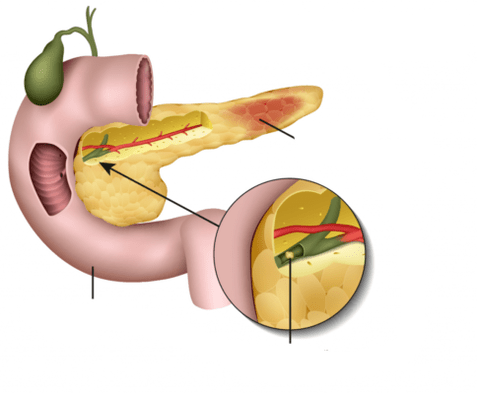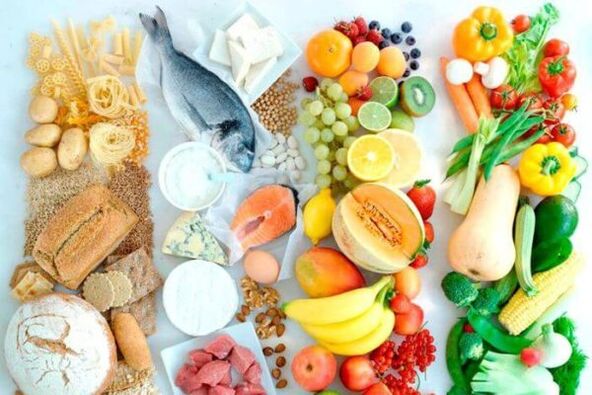Diet for pancreatitis is crucial in treating this condition. Only proper nutrition will help lead to long-term remission. In this case, the role of diet is not inferior to the role of drugs. How to eat with pancreatitis - we will find out further.

Factors and symptoms of pancreatitis
The course of pancreatitis is characterized by constant relapses, which occur due to the release of an insufficient amount of hormones and enzymes. It's not even about constant relapses, but about the fact that with each subsequent condition, the condition gets worse. Tissues are gradually destroyed, which subsequently threatens with serious health problems.
It is very important to remember that inflammation of the pancreas can indicate the independence of the disease or be a manifestation of other pathologies (liver cirrhosis, alcohol intoxication or atherosclerosis).
Pancreatitis Symptoms
The main symptoms of pancreatitis are:
- Feeling of fullness in the stomach after eating.
- Pain in the navel.
- Constant heartburn, bloating and flatulence.
- Nausea.
- Bad breath.
- Belching.
- Swelling of the face (read the useful article on how to quickly get rid of swelling on the face).
- Fatty stools.
- Dry skin.
- Redness of the skin.
In addition, the body accumulates a large amount of toxins that can poison the body.
Features of a special diet
What can you eat with pancreatic inflammation? In the diet of a person who has pancreatitis, there should be a sufficient amount of protein. But fat should be present in minimal quantities. This optimizes the work not only of the pancreas, but also of the gallbladder. If you add fat, only of vegetable origin and also in small quantities. The proteins will serve as a building material to restore the structure of the pancreas. Carbohydrates can be consumed by such patients. Only if the risk of developing diabetes increases, their number should also be moderate.

In addition, it is worthwhile to significantly limit the level of salt in the diet. The fact is that with pancreatitis, the gland swells, this causes pain. It is the decrease in the level of salt in the diet in three weeks that will lead to the normalization of its size. With a severe exacerbation of the pathology, you need to eat only grated food and sparingly. All food for pancreatitis should be warm so that it does not cause irritation and is better absorbed. All food should be bland, with no seasonings or spices. Only fresh and high quality products.
Over time, it is necessary to enrich the diet with meat, fish, egg white and dry bread. But the dishes for pancreatitis should be small, albeit frequent. It is considered optimal to eat up to six times a day.
When is a pancreatitis diet prescribed?
Diet should be changed as soon as pancreatitis is diagnosed. Particular attention should be paid to nutrition during an exacerbation of the disease. The main thing is to provide the patient with three basic principles - hunger, cold and peace. During an exacerbation, it is necessary to use non-carbonated mineral water, various decoctions and weak teas. After the most acute period, gradually introduce the vegetable broth and the oat broth into the diet.
For the next period, it is worthwhile to maintain a fractional sparing diet. Best to keep it for 6-12 months. It is this time that is enough for the restoration of the organ. In addition, the patient will already get used to the new way of eating and life in general. Dietary restrictions outside the exacerbation period are not too strict. Just stick to them and the result will exceed all expectations. Properly selected nutrition will help not only to reduce the amount and time of taking medications, but also to eliminate the need for surgical interventions.
Very important! All therapeutic measures, regardless of gender, age and severity, must be agreed with the doctor. Only a doctor can optimally select drugs and prescribe the correct diet. After all, only he has the correct idea of the state of the patient's pancreatic gland on the basis of further research.
If you have to follow a diet for pancreatitis, follow the dietary rules so as not to face complications in the future.














































































